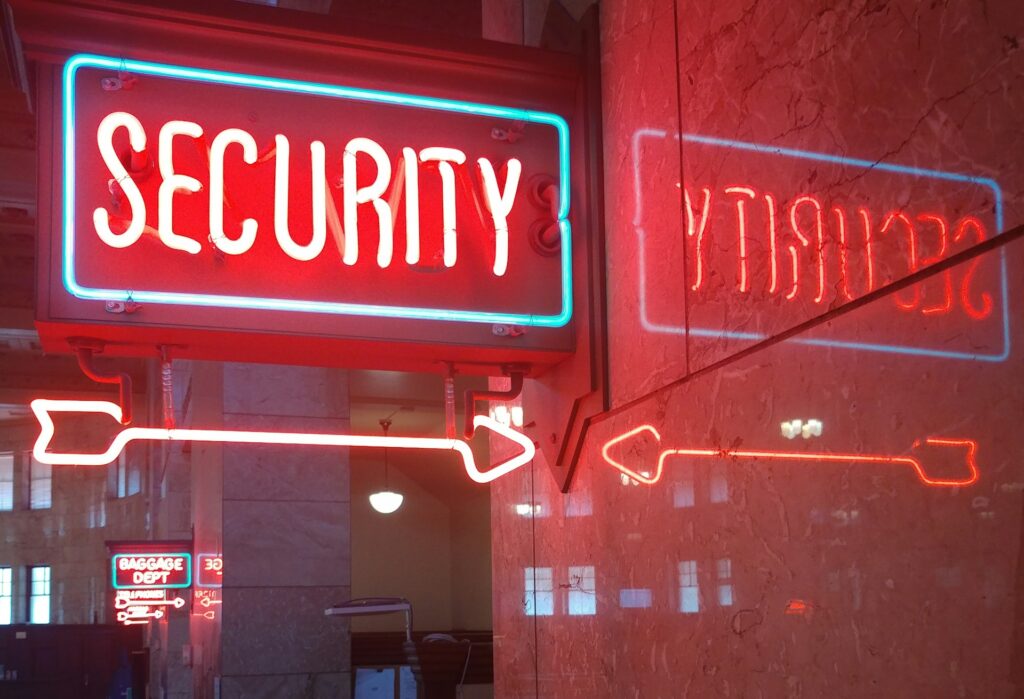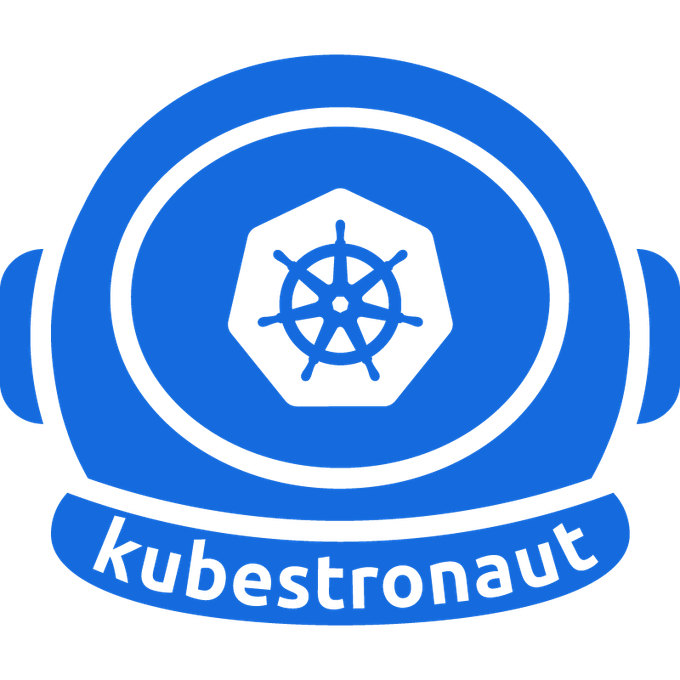
Table of Contents
Will AI Replace SREs? Let’s clear the air.
Will AI Replace SREs is the most repeated question in DevOps communities today, and the tone is usually a mix of excitement and existential dread.
Here’s the direct answer from someone who has lived through infrastructure running on bash scripts, then Kubernetes, then GitOps, and now AI-assisted everything:
No AI won’t replace SREs. But it will absolutely replace SREs who resist evolving with it.
The role is shifting. The why of SRE remains the same reliability, incident ownership, systems thinking. But the how is getting radically more efficient thanks to AI.
The Core of SRE Work What AI Actually Understands
Site Reliability Engineering has always been a mix of:
- Automation
- System design
- Incident response
- Human coordination
- Decision-making under uncertainty
AI excels in automation, pattern recognition, anomaly detection, summarization, and suggestion.
It struggles with accountability, uncertainty, incident leadership, and business context.
That means AI is a powerful tool for SREs but not a substitute for SRE judgment.
5 Areas Where AI Is Already Changing Site Reliability
1. Faster Incident Detection & Triage
Tools like Datadog, New Relic, and Prometheus exporters now integrate ML anomaly detection. AI doesn’t wait for static threshold breaches it understands patterns.
2. Automated Root Cause Suggestions
Platforms like Google Cloud’s Operations AI or Splunk ITSI can cluster logs, time-align signals, and suggest likely causes before a human finishes their coffee.
3. On-Demand Playbook Generation
Instead of hunting through Confluence at 3 AM, AI can generate a draft incident response plan:
- Step 1: Validate service health via /health endpoint
- Step 2: Check last 50 deploys via CI/CD audit logs
- Step 3: Roll back if error rate > 15% post-deploy
- Step 4: Restart pod fleet using progressive rollout4. Auto-Generated Postmortems
AI can summarize:
- What happened
- Timeline of events
- Logs and metric spikes
- Contributing factors
- Suggested remediation
Teams still validate accuracy, but the heavy lifting is gone.
5. Smarter Capacity Forecasting
Forecasting used to be spreadsheets and gut feeling. Now LLM-driven forecasting tools model seasonal load, deployments, sales cycles, and risk.
Where AI Fails Hard (and Why Humans Still Matter)
Let’s be blunt: AI doesn’t own outages. SREs do.
Here are the hard limitations today:
| AI Limitation | Why It Still Needs Humans |
|---|---|
| Lacks business context | Doesn’t know which service is revenue-critical |
| Cannot lead war rooms | No authority, persuasion, or communication |
| Hallucinates root causes | Needs verification and validation |
| No accountability | No on-call pager, no incident ownership |
| Lacks intuition | Can’t detect “this feels wrong” system behavior |
When you’re in a production incident, you need:
- Clear communication
- Negotiation between teams
- Risk-based decision making
- Controlled rollouts
- Accountability
AI supports these. It doesn’t lead them.
The Future of DevOps: A Co-Pilot, Not a Replacement
The future isn’t SRE vs AI it’s SREs with AI vs SREs without AI.
Expect these trends to solidify:
| 2020s SRE | 2030s SRE |
|---|---|
| Write automation scripts | Orchestrate AI automation |
| Manual playbooks | AI-generated response plans |
| Sample logs | Full-log reasoning engines |
| Dashboards | Narrative insights (“what’s happening and why”) |
| Incident commander | AI-supported incident commander |
Will AI Replace SREs? No.
Will SREs still manually grep logs at 3 AM? Also no.
New SRE Skillset Requirements
To stay ahead, SREs should double down on:
1. Reliability Engineering + AI Toolchains
Not just using AI, but evaluating accuracy, reliability, bias, and failure modes.
2. Prompt-Driven Debugging
Turning investigation into structured queries:
“Show me all latency spikes correlated with deploys in the last 45 minutes and summarize anomalies.”
3. System Design Over System Execution
AI handles execution. Humans design resilient systems.
4. Incident Leadership and Cross-Team Coordination
Skills AI can’t replicate:
- Communicating under pressure
- Leading war rooms
- Prioritizing risk vs reward
5. Guardrails Engineering
SREs will own guidelines like:
- What can AI auto-remediate?
- What requires human approval?
- What can never be automated?
How to Prepare Your Team for the AI-Augmented Era
Start with these practical steps:
1. Integrate AI into Observability
Tools like:
2. Create AI-review workflows
Nothing ships or auto-remediates without verifiable evidence.
3. Treat AI like a junior engineer
You review its work. You don’t hand over prod keys.
4. Build feedback loops
False positives? Log them. Bad suggestions? Version-control the corrections.
Summary
Let’s answer it one last time:
Will AI Replace SREs?
Not a chance but it will replace manual toil, slow investigations, and guesswork.
The future SRE isn’t threatened by AI.
The future SRE owns it, validates it, governs it, and builds reliability on top of it.
If you want to stay ahead:
- Embed AI into observability
- Keep humans in the loop
- Shift from execution to orchestration
- Lead incidents with ownership, not automation
If you’re ready, you’re safer than ever. If you resist, the industry moves forward without you.
Next step: Audit your current incident workflow and identify one task AI can reliably assist with this week.
For more articles on topics check out Let’s Talk About DevOps.


